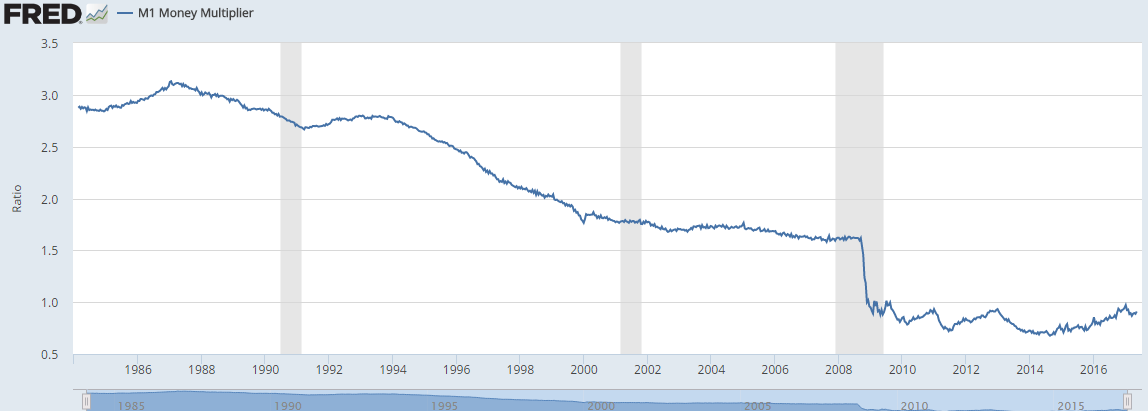Illinois Heads toward Bankruptcy, while Bankrupting its Citizens
The Land of Lincoln’s credit rating was chopped to just a notch above junk last week and the credit rating agencies are threatening to take the state down further “around July 1 if leaders haven’t agreed on a budget that chips away at the government’s chronic deficits,” Bloomberg reports.
Without legislative action, Illinois will be the Greece of the USA Zone after “Moody’s followed S&P’s downgrade Thursday, citing Illinois’s underfunded pensions and the record backlog of bills that are equivalent to about 40 percent of its operating budget.”
The state has operated for two years without a budget, “That’s left the fifth most-populous state with a record $14.5 billion of unpaid bills,” writes Elizabeth Campbell. “Moody’s called Illinois ‘an outlier among states’ after suffering eight downgrades in as many years.”
Of course bankruptcy doesn’t happen overnight. Not that states can go bankrupt, but, then again, nobody thought a territory like Puerto Rico could either.
Illinois has done its best to drive out businesses and entrepreneurs with high taxes. Six years ago, in a Mises Circle speech in Naples, Florida, I mentioned sandwich vendor Jimmy John’s founder Jimmy John Liautaud, had just applied to move his residence from Illinois to Florida — and his company's headquarters would soon follow. "All they do is stick it to us," he said of the state legislature's move to jack up the personal income tax from 3 percent to 5 percent — and the corporate income tax from 7.3 percent to 9.5 percent.
"I could absorb this and adapt," Liautaud told his hometown paper, the Champaign-Urbana News-Gazette, "but it doesn't feel good in my soul to make it happen," he explained.
As it is with all governments, Illinois just can’t control its spending despite taxing its citizens to death. So, the ratings agencies have no choice, "The rating actions largely reflect the severe deterioration of Illinois’ fiscal condition, a byproduct of its stalemated budget negotiations," S&P analyst Gabriel Petek said in a statement. “The unrelenting political brinkmanship now poses a threat to the timely payment of the state’s core priority payments."
“By June 30, the state will owe an estimated $800 million in interest and fees on the unpaid bills that have been piling up, according to estimates from Comptroller Susana Mendoza, a Democrat. She warned of "dire" consequences for residents if a budget isn’t reached by the start of fiscal year 2018 on July 1,” writes Ms. Campbell.
Illinois legislators should be careful with their tax increases. In a piece for mises.org adapted from my Naples talk, I wrote “During the last great depression there were tax strikes. Property owners created over 1,000 different taxpayer leagues around the country, ‘which voiced outrage over what were perceived as needless government expenditures in a time of severe economic hardship,’ economist David T. Beito writes in his book Taxpayers in Revolt: Tax Resistance During the Great Depression.
“Many taxpayers just couldn't pay at the depth of the depression and others wouldn't pay for ideological reasons, believing that government should suffer along with taxpayers. The tax revolt movement attracted 30,000 members in Chicago alone and the Windy City's government was faced with financial collapse as property owners stopped paying.
“The movement had such momentum that the federal government resorted to a national ‘pay your taxes campaign.’ Chicago teachers were even enlisted to chant ‘Pay Your Taxes!’ at rallies around the city. Municipal and government workers, along with academics tried to sell the virtues of a more active state on the radio in a nationwide series called ‘You and Your Government’ that ran from 1932 to 1936.
“‘The taxpayers' revolt of the 1930s should not be dismissed as a fluke, aberration, or simple response to the stimulus of the depression,’ explains Beito. ‘Tax revolts in American society, including that of the 1930's, have often reflected, and continue to reflect, persistent suspicions of expansive government, entrenched bureaucracy, and domination of political institutions by experts.’"
“State legislators and local government officials may want to tread lightly. Beito points out that the tax rebellions in the 1930s appealed to the masses and average voters. It would be no different today. Taxpayers, struggling to make ends meet, would likely join the revolt, if taxes are raised just so 46 year-old ex-policemen and ex-firefighters can enjoy cushy retirements.”
Illinois bonds are trading 250 bps over the 10-year AAA Bloomberg muni benchmark, twice the spread of the second worst financial basket case of the 50 states, New Jersey.
Puerto Rico’s general obligation bonds trade at 59 cents on the dollar. Formal bankruptcy or no, Illinois debt is headed in the same direction.





